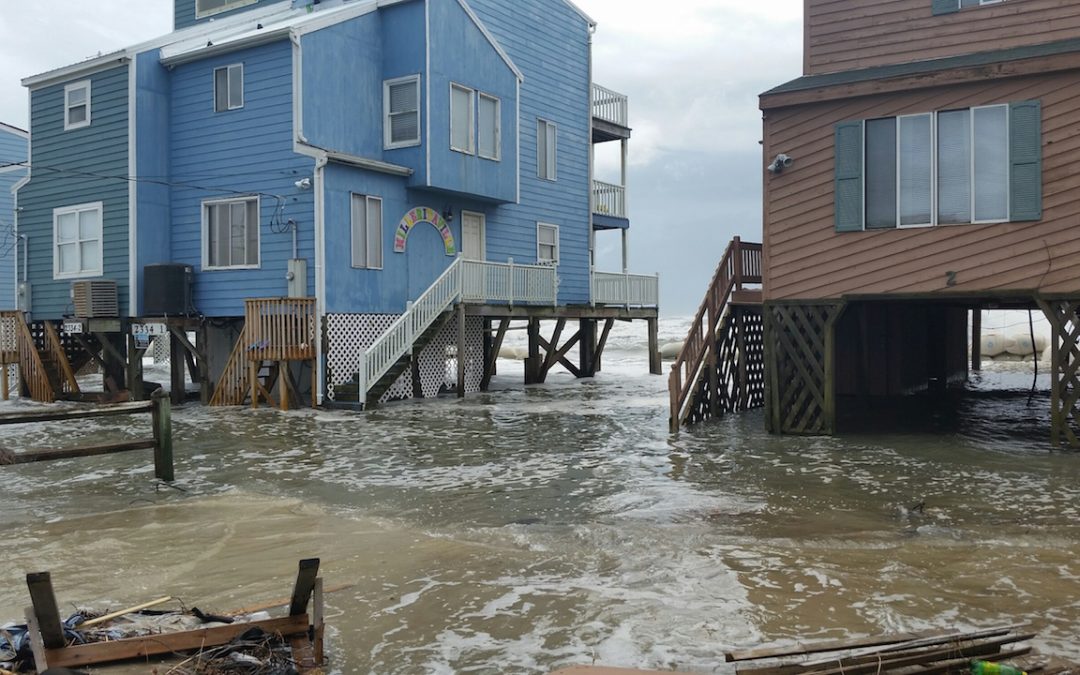MOREHEAD CITY – State officials are recommending that the public avoid swimming in all coastal waters statewide due to high rainfall and flooding from Tropical Storm Hermine that may have led to excessive bacteria in the water.
Floodwaters and storm water runoff often contain pollutants, such as waste from septic systems, sewer line breaks, pet and wildlife feces, petroleum products, and other chemicals that can make people sick. Typically, the risk of illness grows with rainfall amounts.
The public should avoid swimming in coastal waters until bacteriological testing indicates bacteria levels fall within the state’s and the Environmental Protection Agency’s standards for swimming and water play. People should especially avoid swimming near storm water outfalls and inlets as these areas tend to have concentrated amounts of pollutants.
The towns of Carolina Beach and Oak Island have begun pumping floodwaters to the beach and more may do so as the day continues. These areas, including the wet sand where the floodwater is pumped, should be avoided, even if no sign is posted.
The Division of Marine Fisheries’ Recreational Water Quality Program staff will test swimming waters and notify the public of the results. Staff will test ocean swimming areas first as these areas typically return to normal conditions faster than those of rivers, sounds and creeks.
The Recreational Water Quality Program in the Division of Marine Fisheries samples 204 sites at ocean and sound beaches weekly from April to October in accordance with federal and state laws. For more information about coastal recreational water quality, visit the N.C. Recreational Water Quality Program’s website athttp://portal.ncdenr.org/web/mf/recreational-water-quality or on Twitter.com @ncrecprgm.
|
portal.ncdenr.org
N.C. Recreational Water Quality Program. The N.C. Recreational Water Quality Program began testing coastal waters in 1997. Our mission is to protect the public health …
|
||


